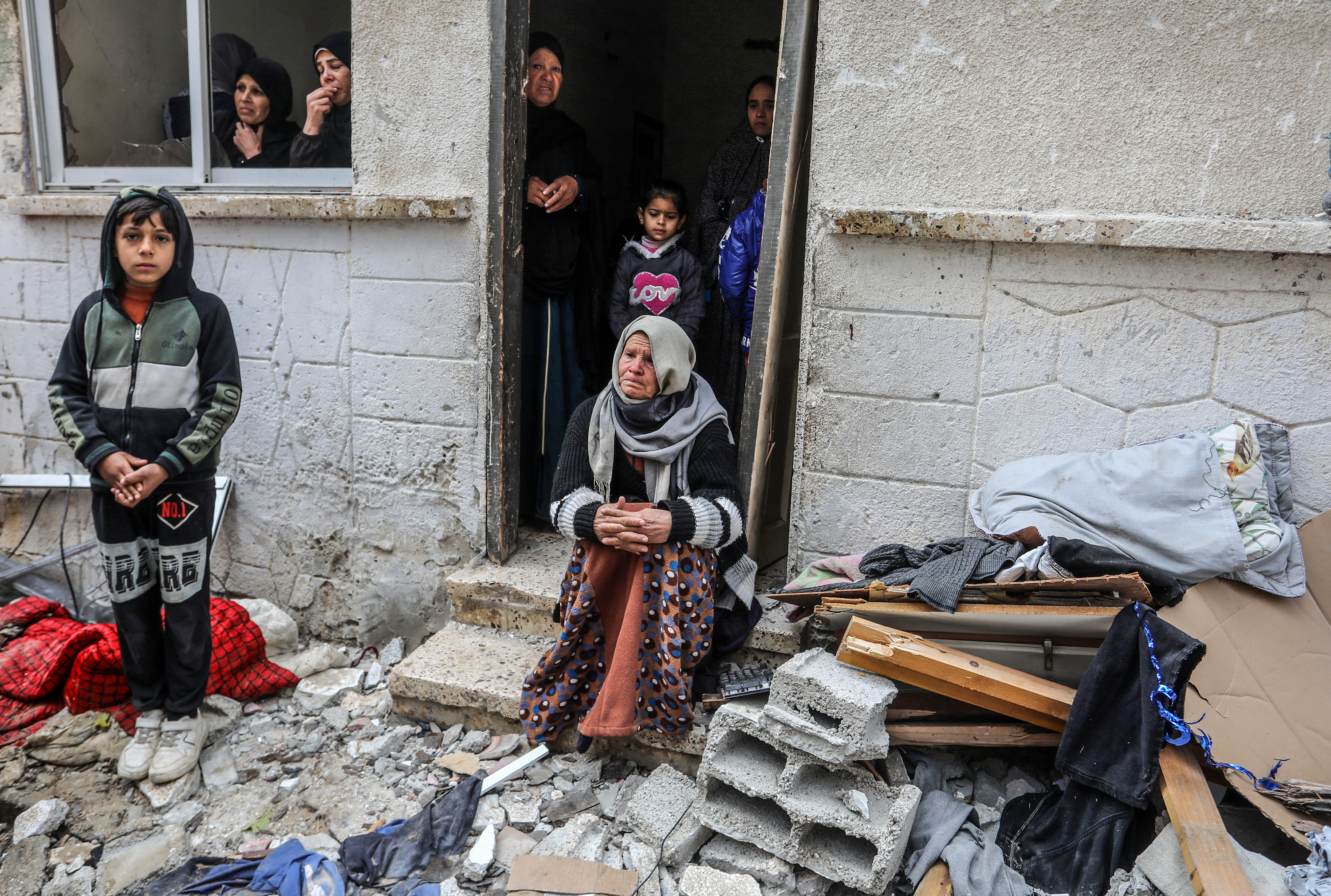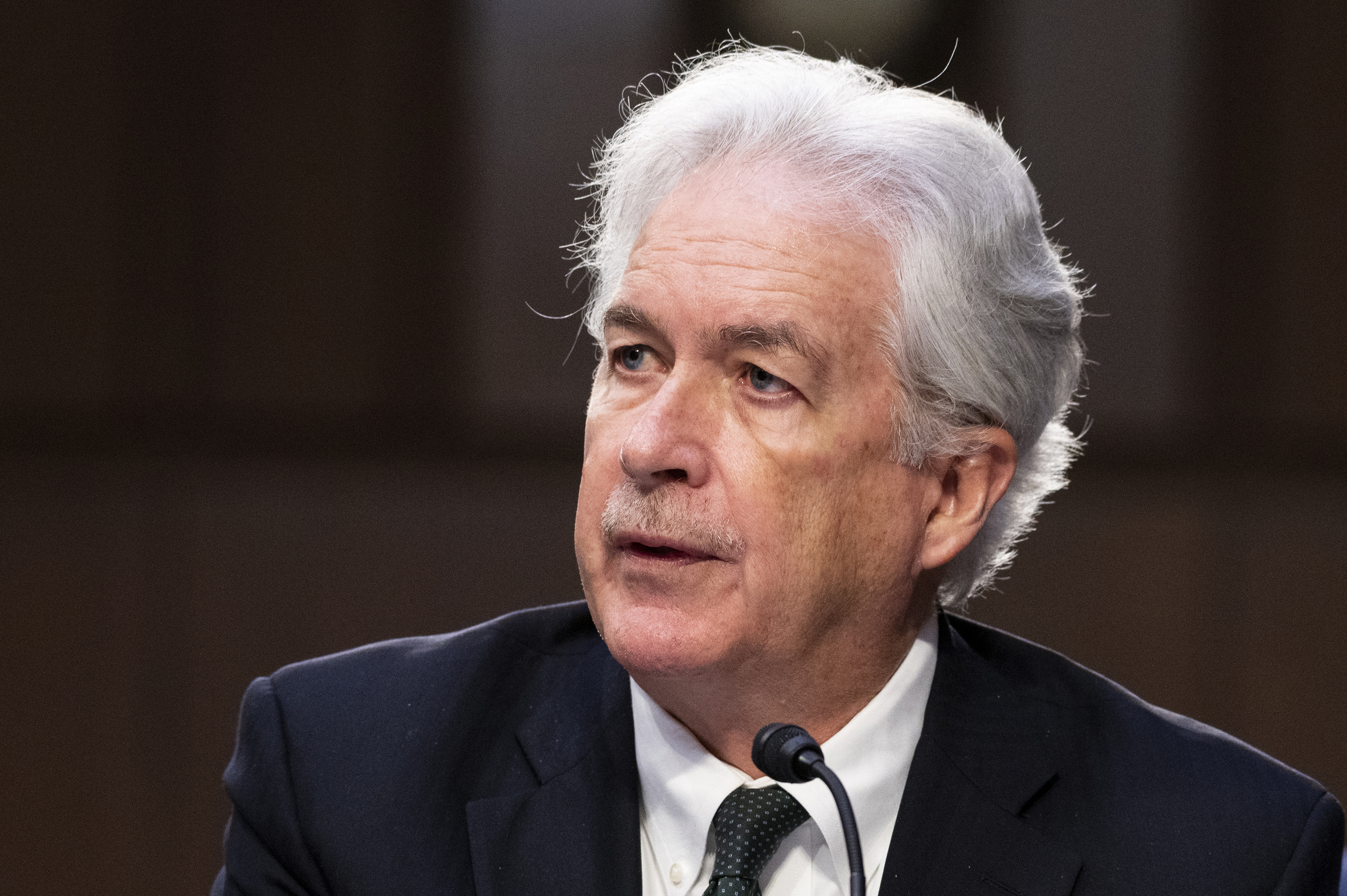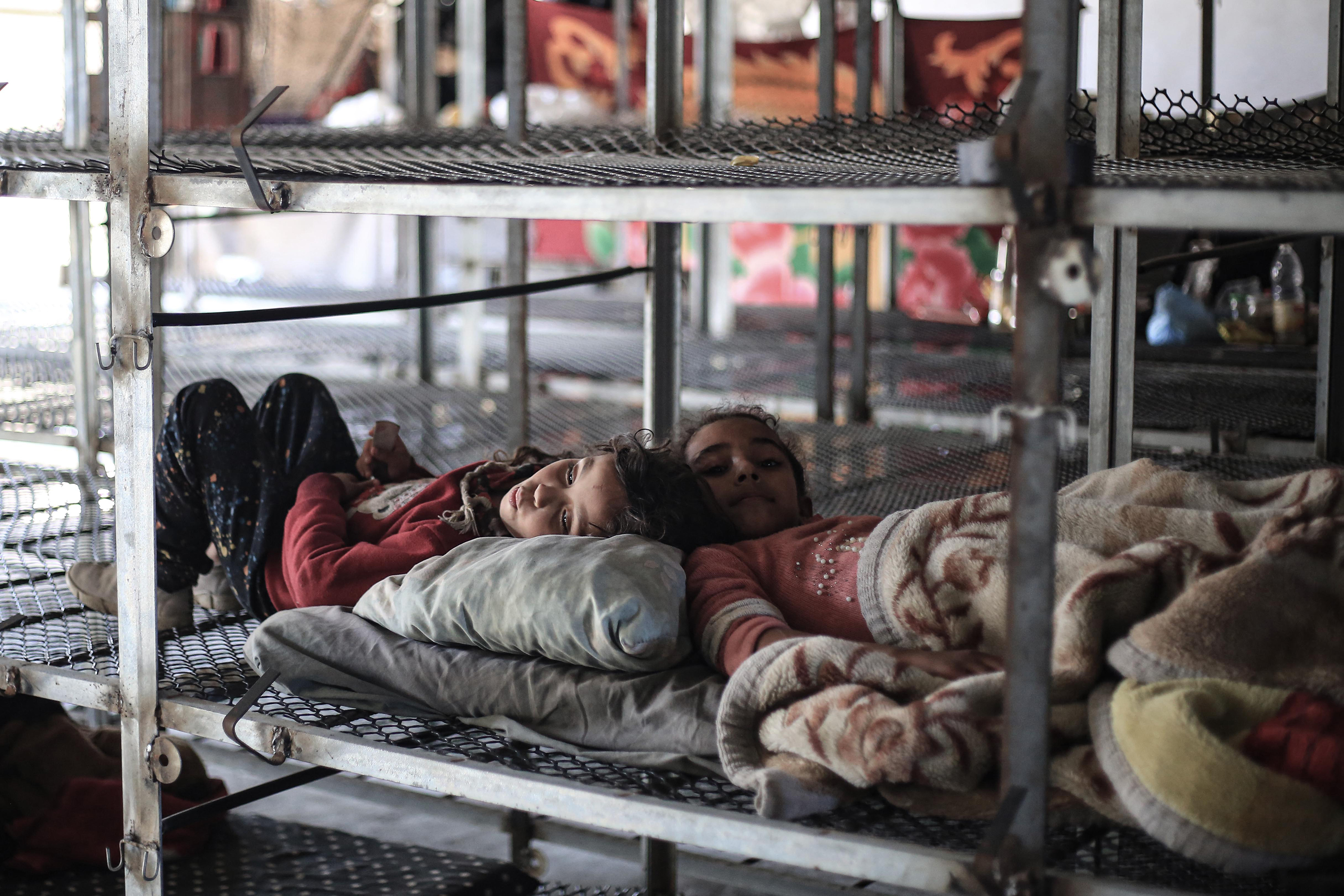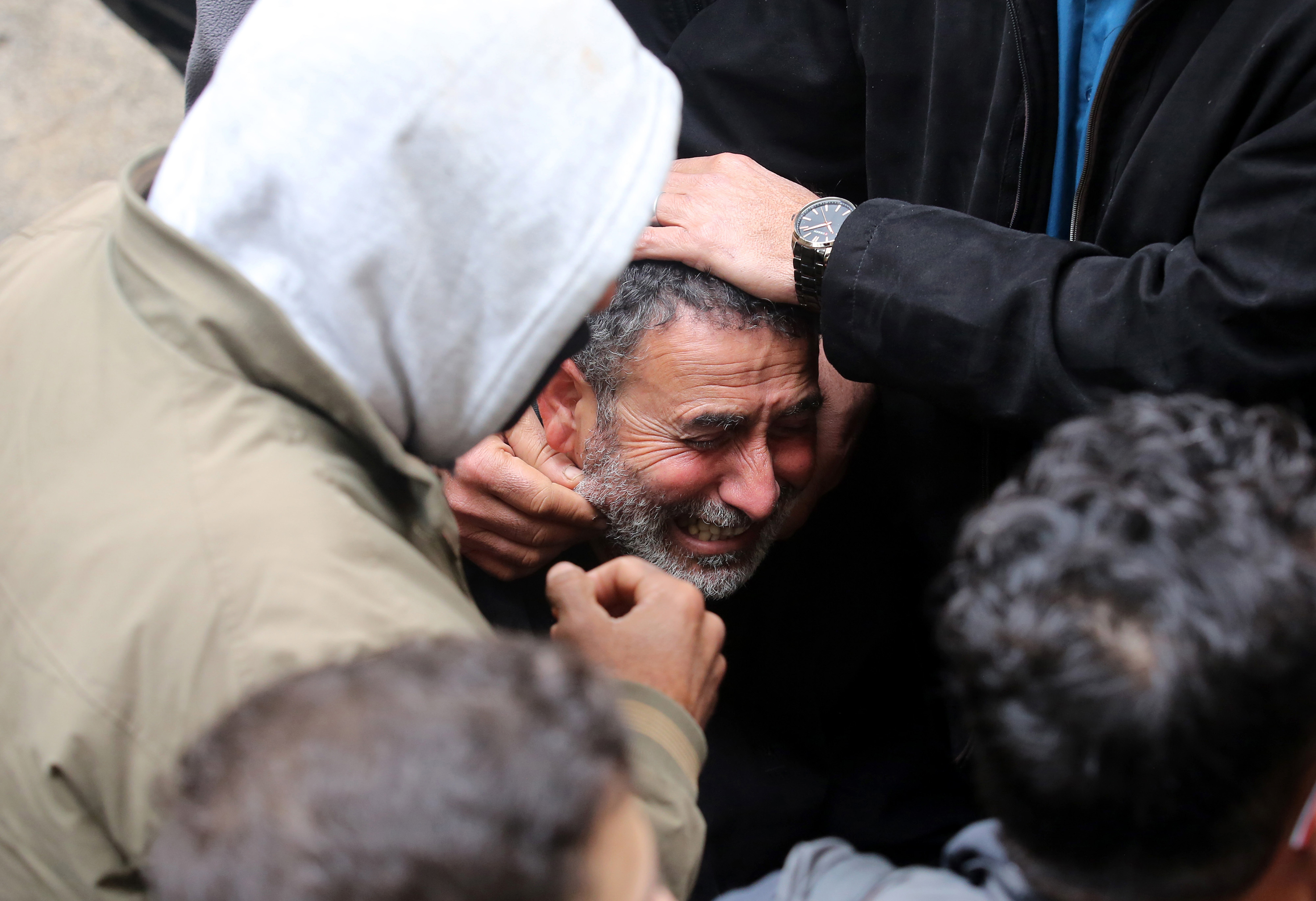
The United Nations is "extremely worried about the fate of civilians in Rafah," UN spokesperson Stéphane Dujarric said Friday as Israel began drawing up an evacuation plan for the estimated 1.3 million Palestinians living in the southern Gaza city.
Speaking at his daily news briefing, Dujarric said people "need to be protected," but added that the UN also "does not want to see any forced mass displacement, of people, which is by definition against their will.”
UN Humanitarian chief Martin Griffiths also issued a statement Friday urging for the protection of civilians.
"There's nowhere left to go in Gaza," Griffiths said. "Civilians must be protected and their essential needs, including shelter, food and health, must be met."
Griffiths added that Rafah's population of over 1 million people "have endured unthinkable suffering" and have been moving for months.
Earlier in the day, Prime Minister Benjamin Netanyahu directed Israel's military to plan for the “evacuation of the population” from Rafah, his office said in a statement, ahead of an anticipated ground assault.
The post was updated with the statement from Martin Griffiths.






